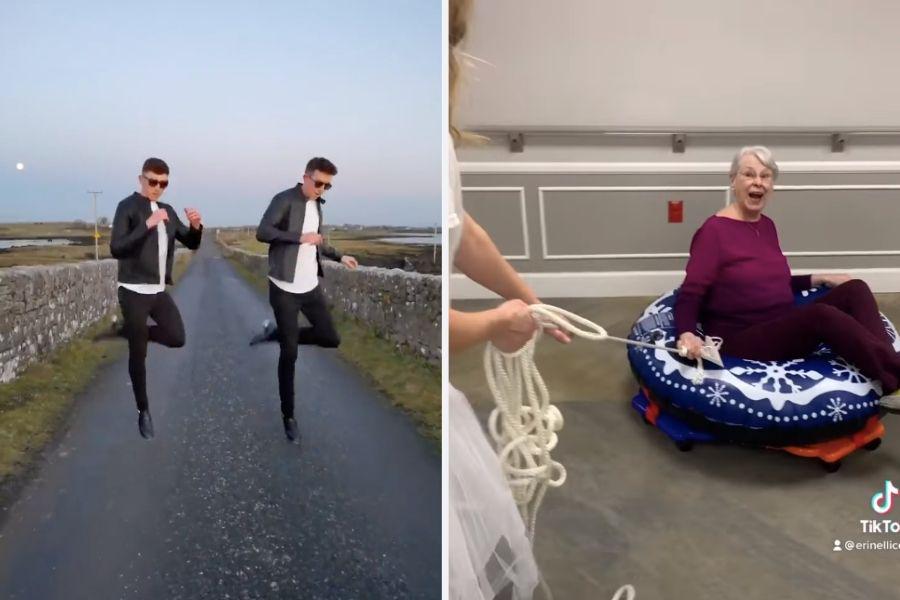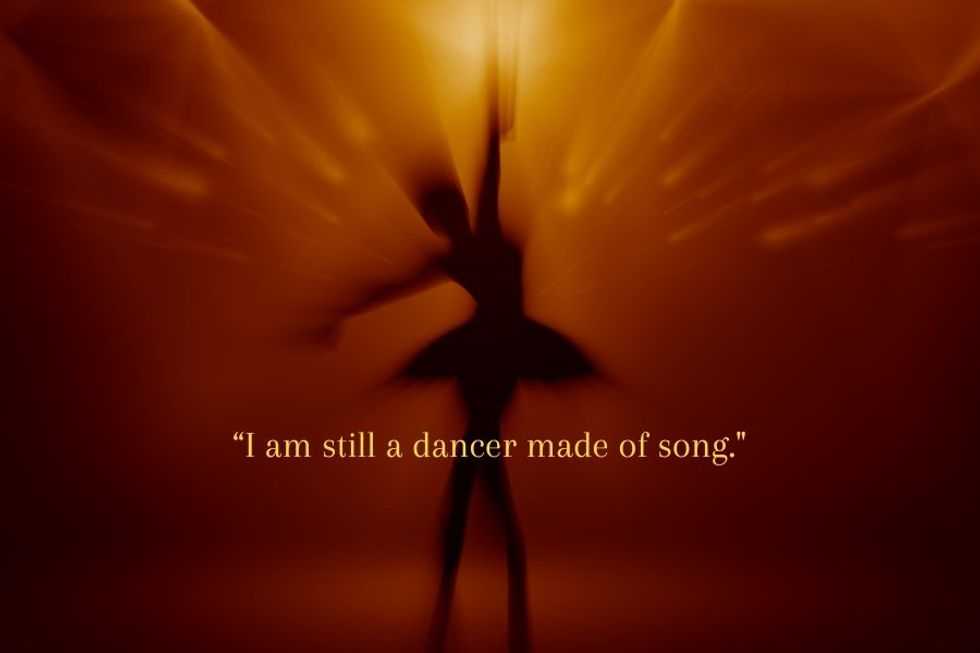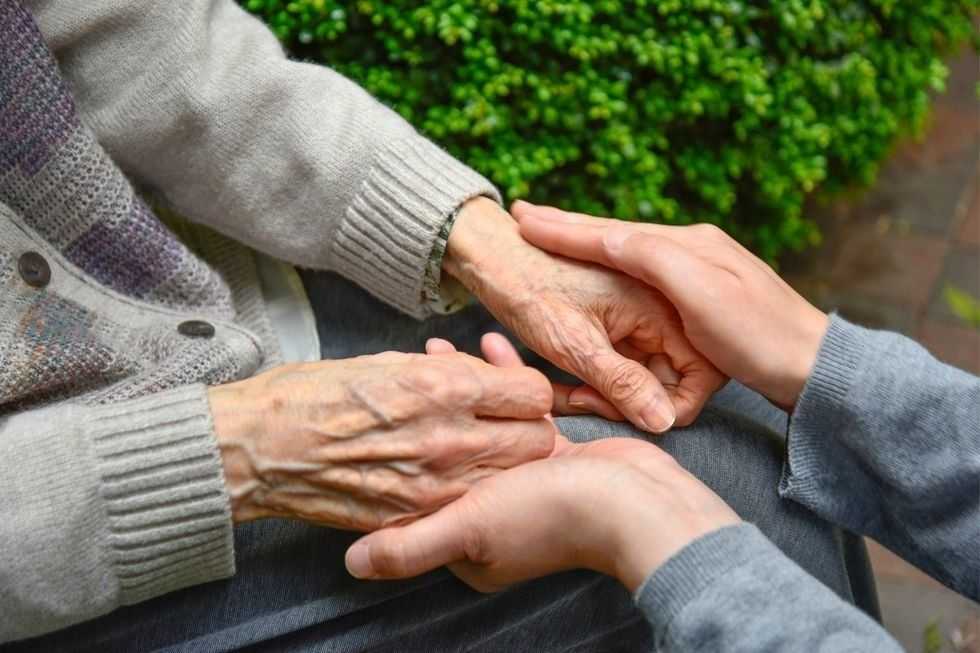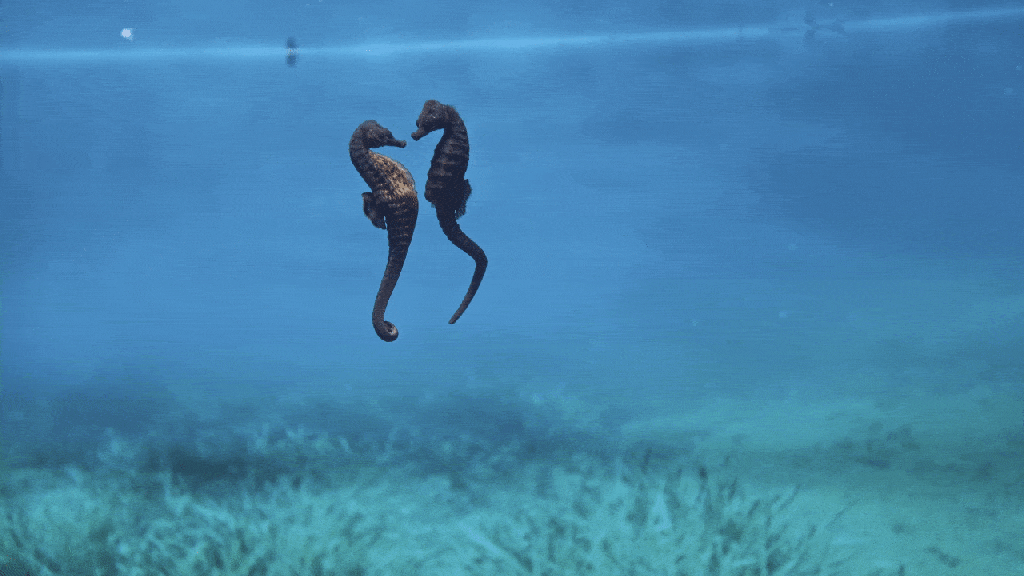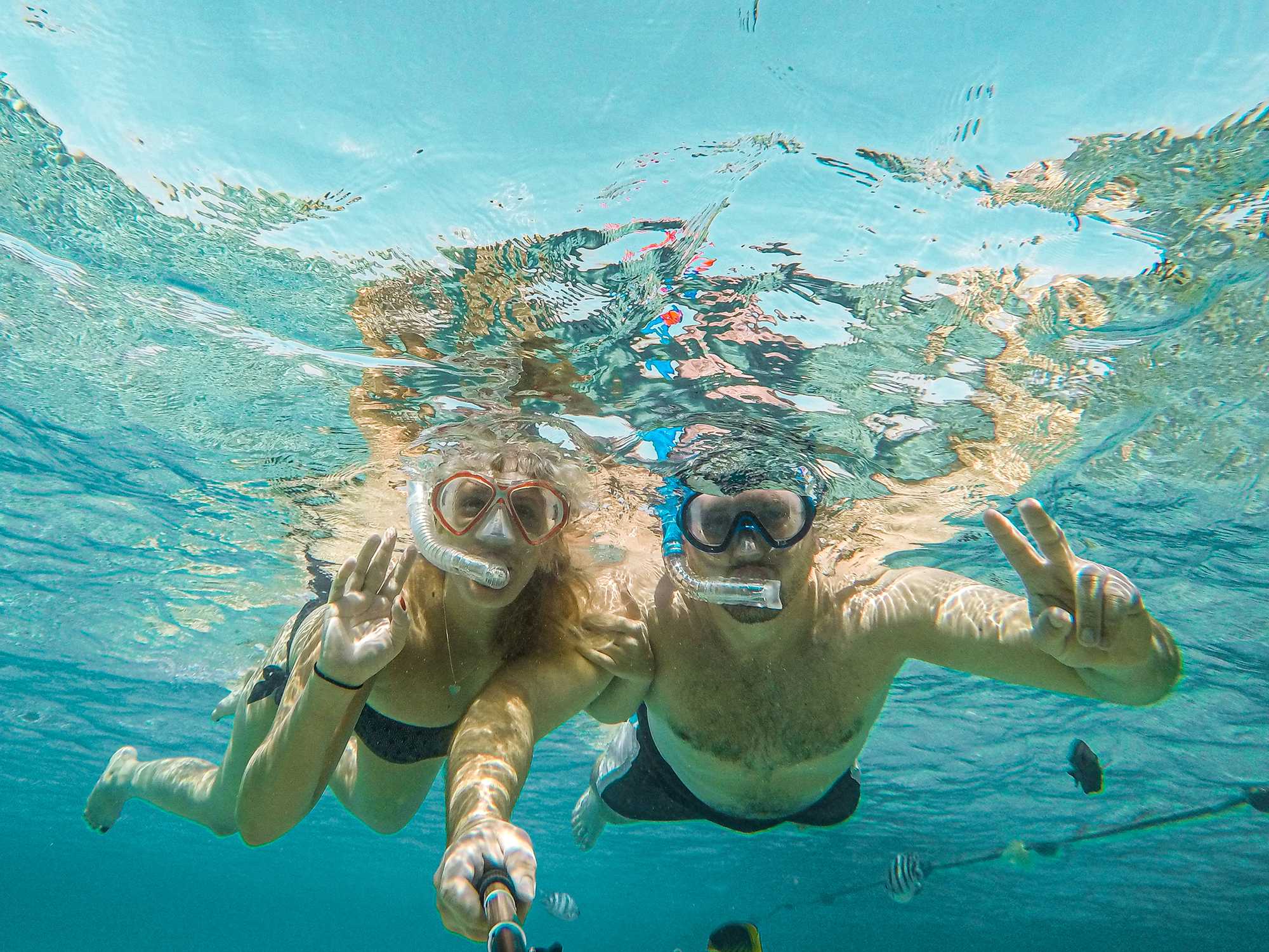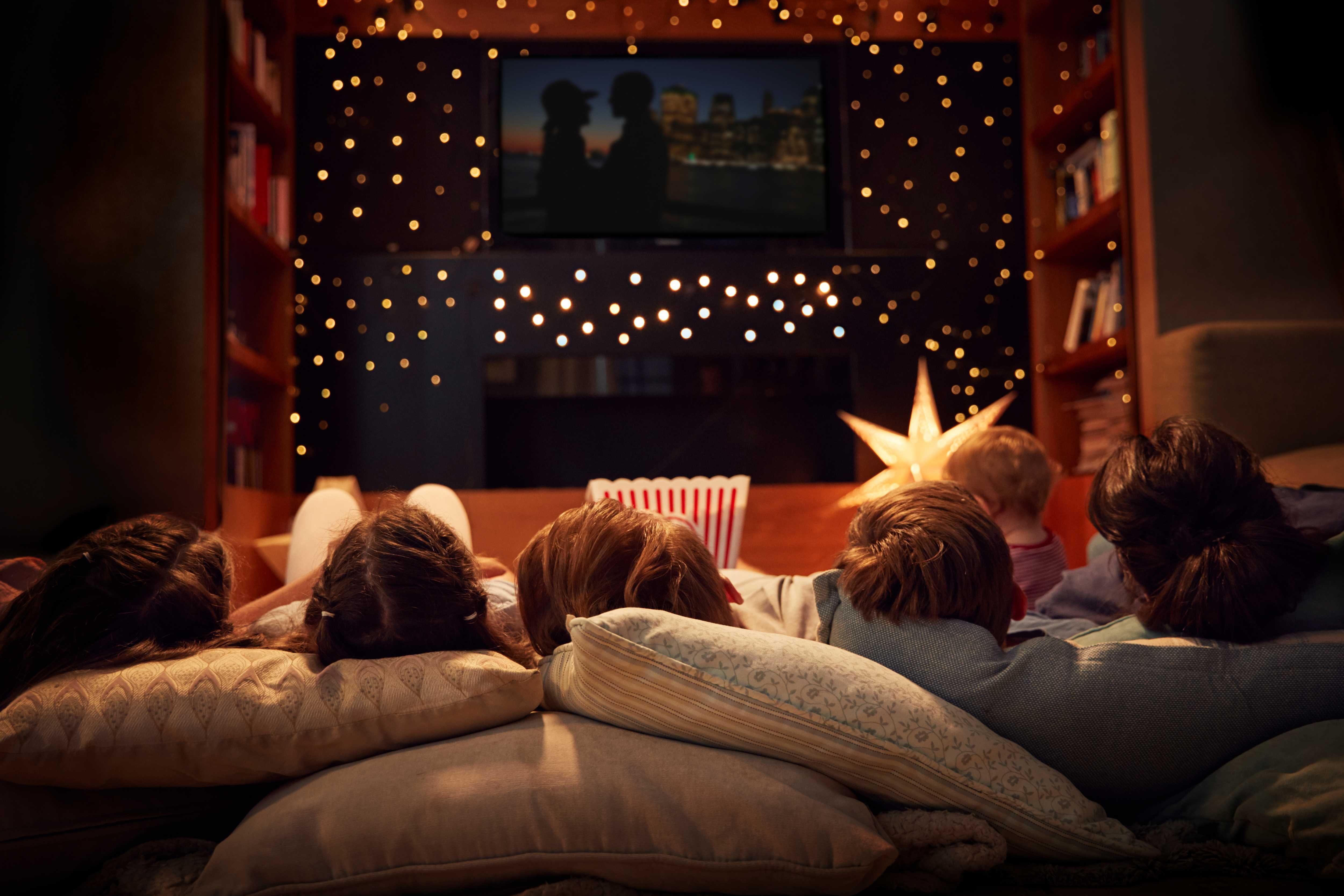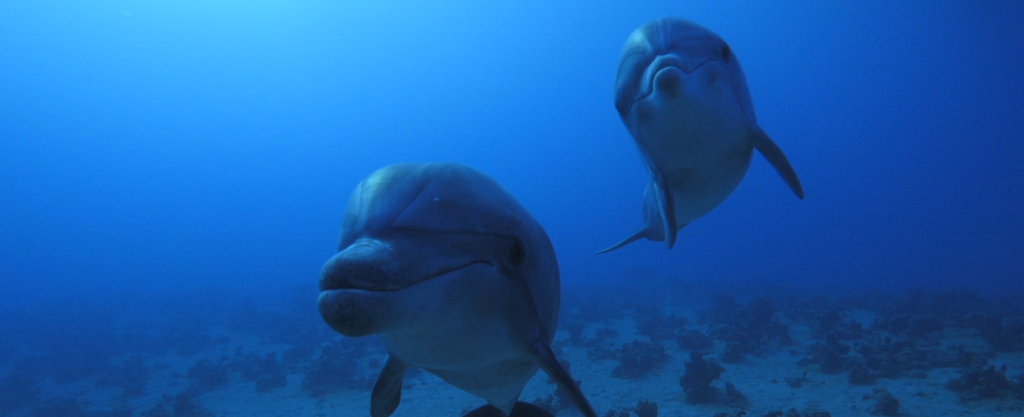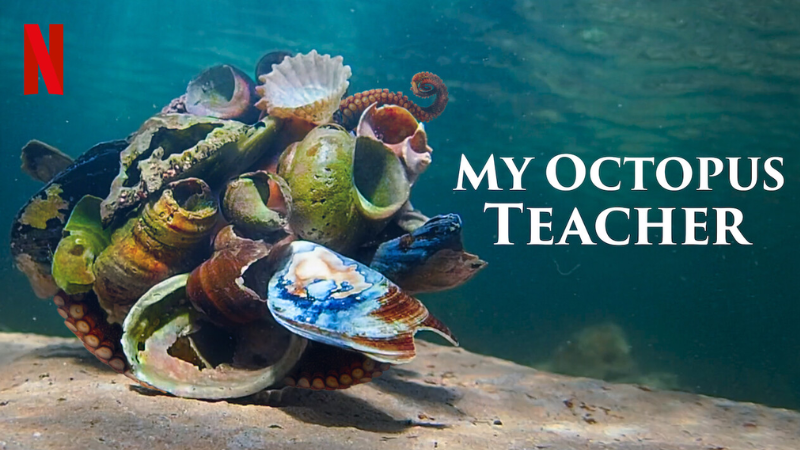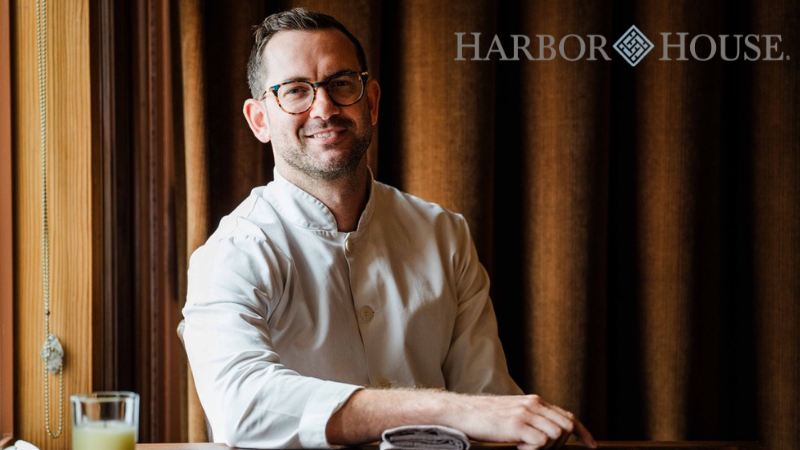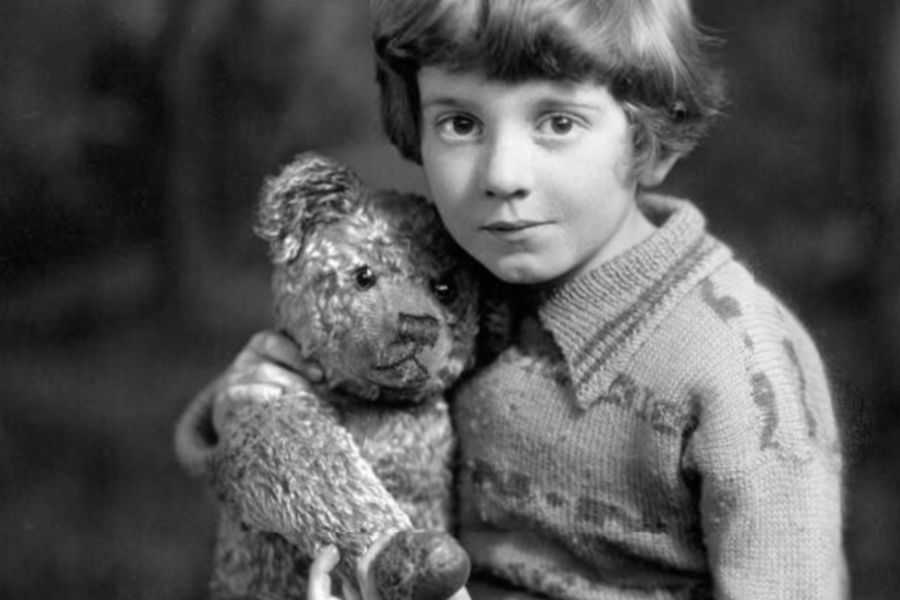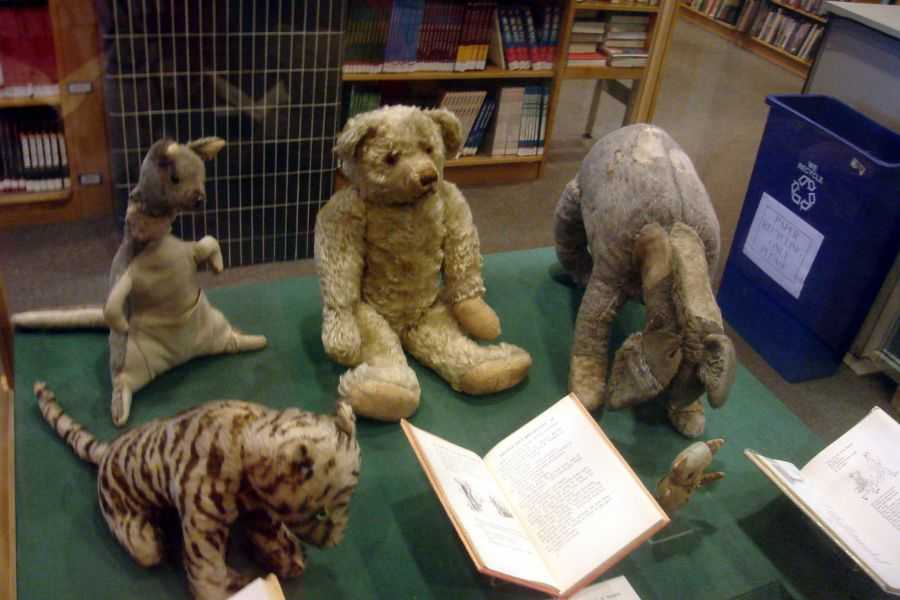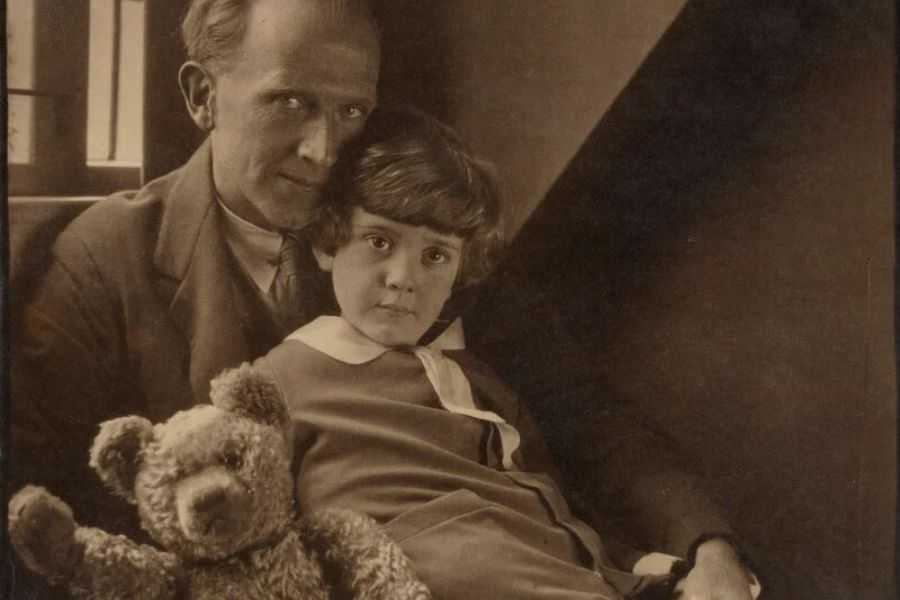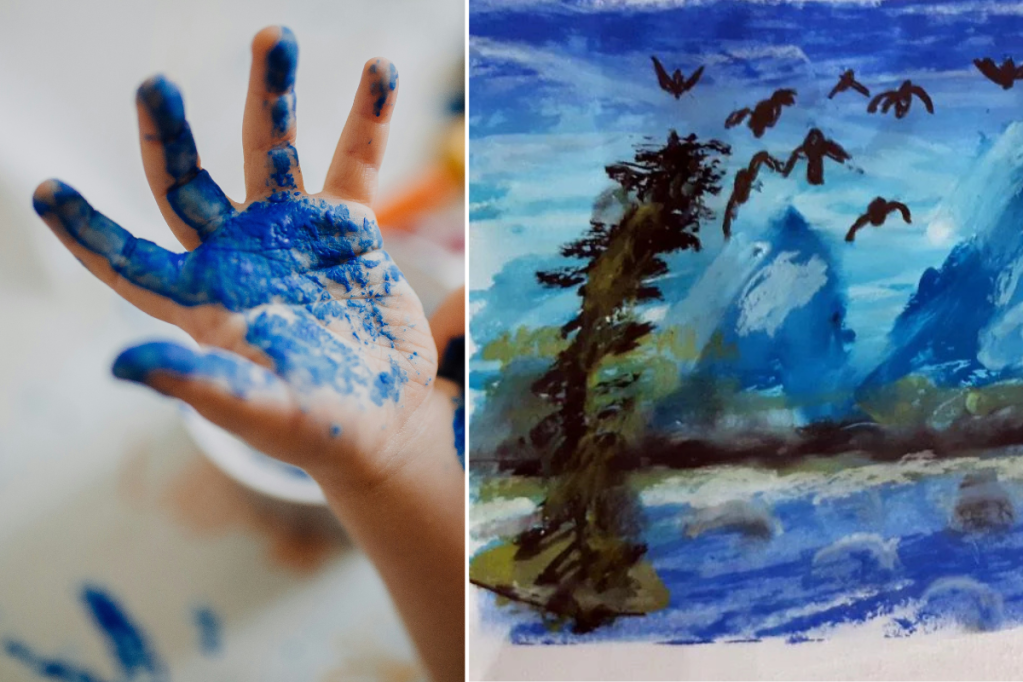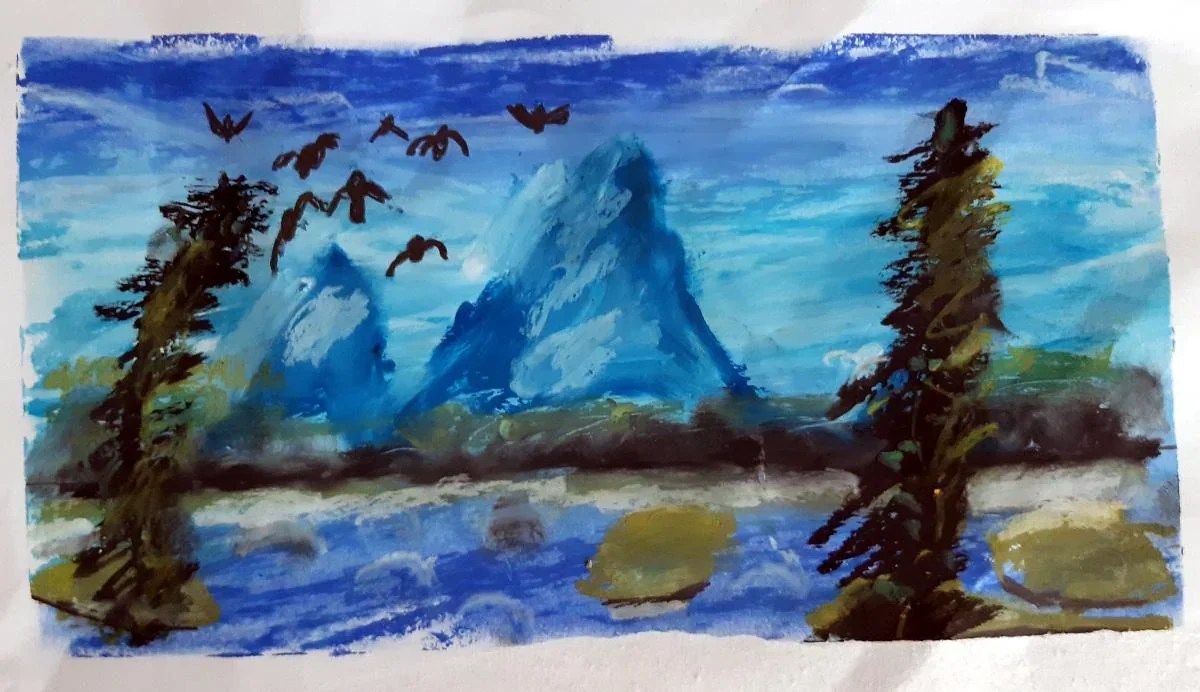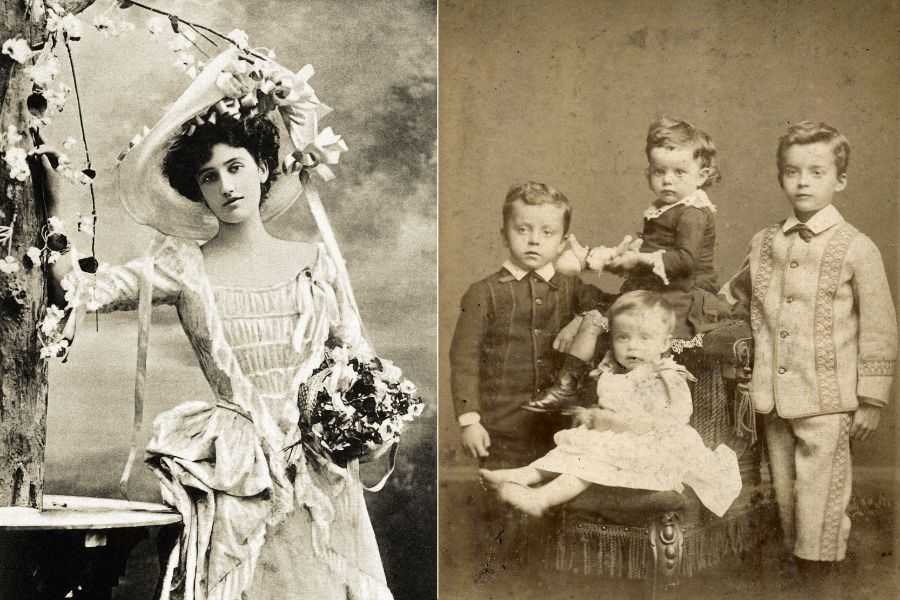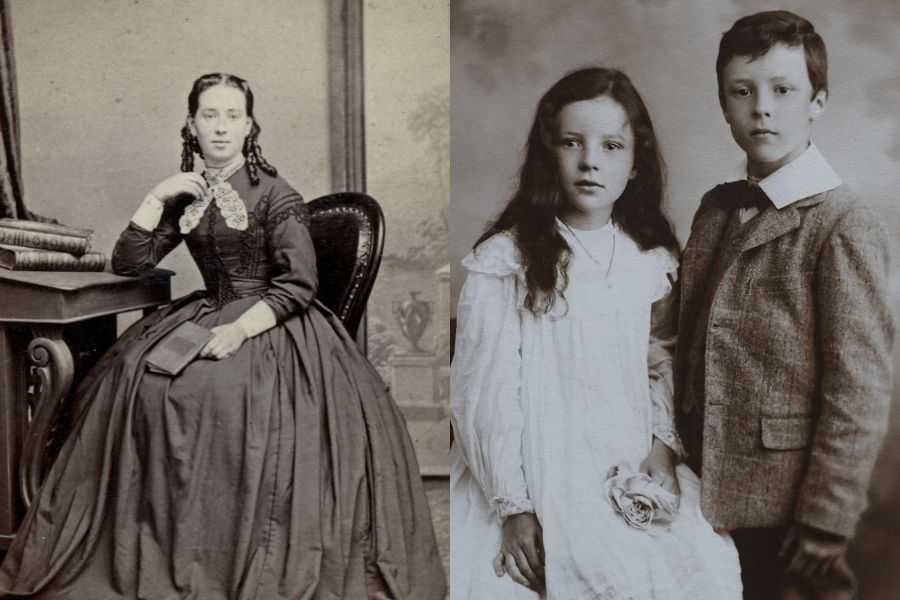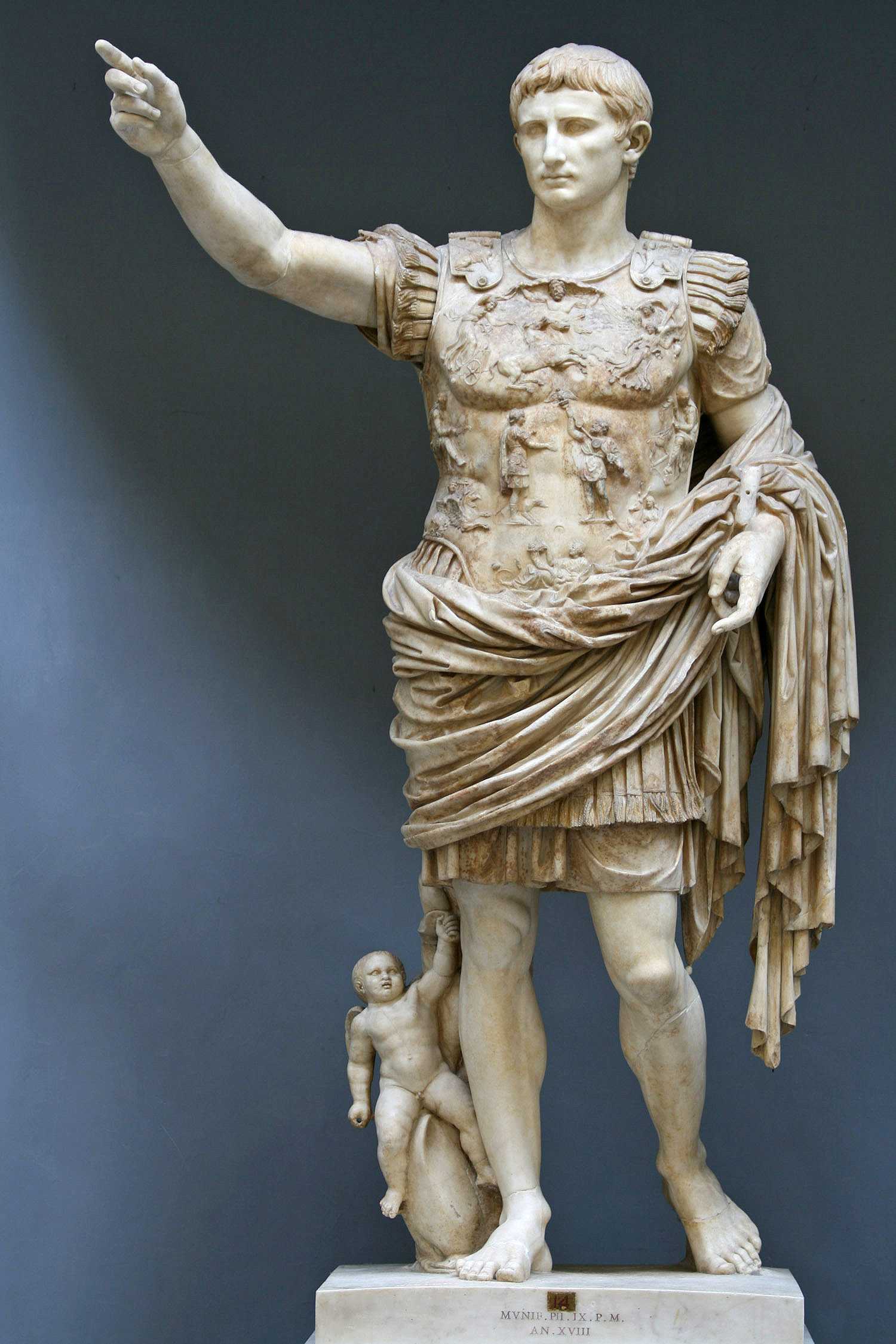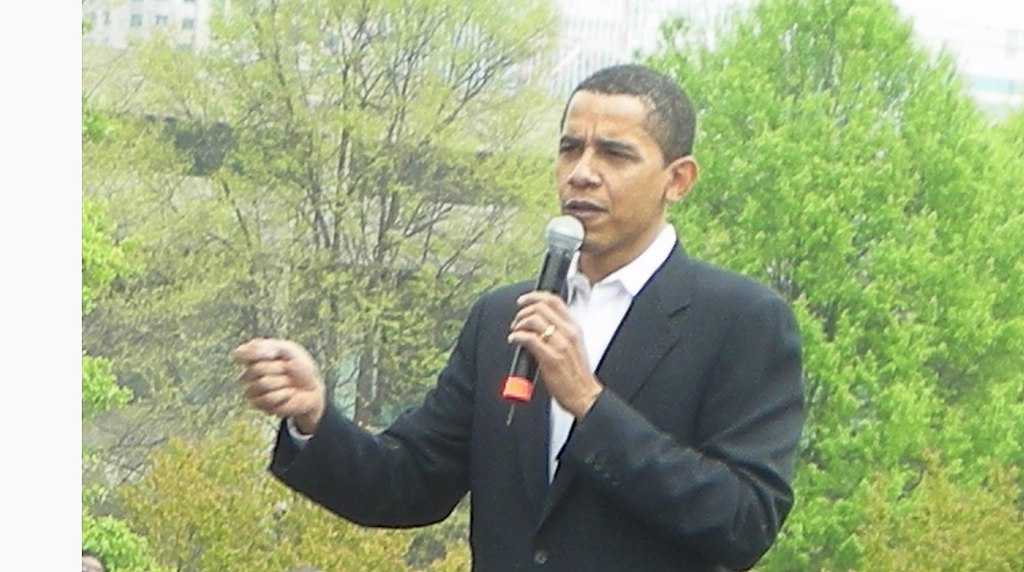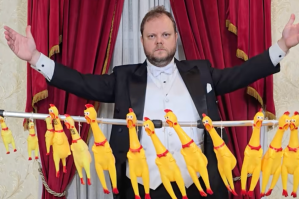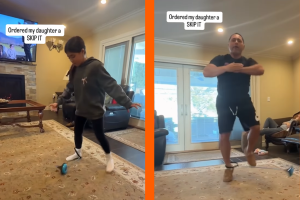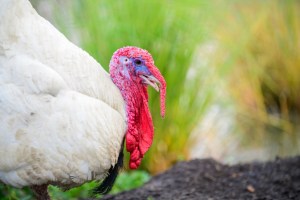So, I’ve been pulling together these weekly roundups of goodness for several months, and I’ve noticed some common themes emerging in the things that tend to bring us joy:
1. Animals. Always.
2. Children. Kids are often hilarious.
3. Older folks. Our elders have much to teach us about embracing life.
4. The arts. Few things universally bring people together like enjoying creative expression.
Practically every “10 things that made us smile this week” post so far has been dominated by these categories, with zero intention for that to be the case. And this week’s list is no exception. Animals, kids, elders and arts. That appears to be where most of our small daily joys can be found.
I’m sure we could delve into the deeper reasons for each of those things, but do we need to? Nah. But if people are looking for a quick shot of happy hormones, perhaps that’s where they should be looking.
Thankfully, you can find those things right here, every Friday. I truly hope you love this week’s collection of smileworthy, joyworthy, delightworthy tidbits from around the internet. Enjoy!
5-year-old gives his mom advice for overcoming nerves. It’s both adorable and spot-on.
Twitter user @EPrecipice shared an exchange she had with her son, and it’s the best. Click the side arrows to scroll through and see his advice. Totally going to steal “I am brave of this meeting!” “Don’t put a skunk on a bus” seems like a solid bit of wisdom. And I’m definitely going to start thinking about the donuts of my day whenever I’m feeling down.
Seven seconds of the world’s most adorable kitten.
They’re right. Literally everyone needs this.
Golden retriever meets new puppy and offers it a gift.
Doggone it, this is cute. When big doggo gives little puppo the stuffed toy? Stop it. It’s too much.
Life is hard, and so we dance.
It’s the little things. And the love. Just beautiful.
Seniors enjoy some childlike thrills with an indoor inner tube ride.
We all need fun in our lives, regardless of our age or stage in life. How delightful that these residents of the StoryPoint Saline retirement community are getting this kind of care. Read the full story here.
The Gardiner Brothers step dancing to Queen is thoroughly enjoyable. (SOUND UP)
What is it about the sound of tapping that’s so satisfying? Follow these five-time world champion Irish dancers, Matt and Mike Gardiner, here for more awesome performances.
The #BettyWhiteChallenge has raised more than $12.7 million for animal welfare.
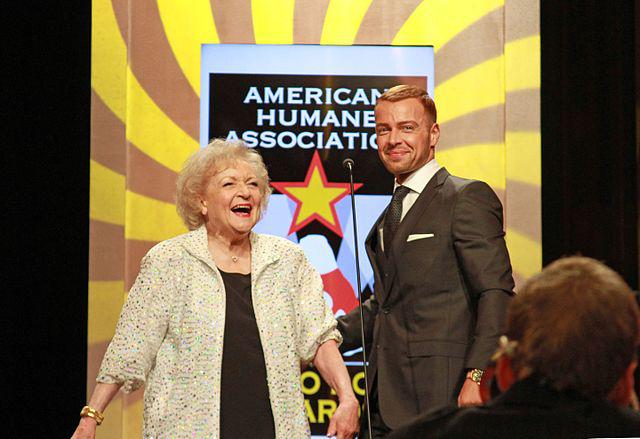
Fans of Betty White wanted to do something special for what would have been her 100th birthday, which prompted a grassroots challenge to raise money for animal shelters and rescues in her name. Meta announced that more than $12.7 million was raised just through Facebook and Instagram donations alone. Read the story here.
World-class pianist regains the ability to play after 20 years, thanks to bionic gloves.
Just watching his face as he plays tells the story. So beautiful. Technological innovation can be life-changing.
Woman interviews animals with a tiny mic and it’s oddly entertaining.
Maya Higa’s “tiny mic interviews” have become a hit on YouTube and it’s easy to see why (once you get through the disclaimers at the beginning—you can skip the first minute with the understanding that these are rescued animals in a sanctuary, not pets). Who knew a porcupine made that noise? Read the full story here.
Kid really, really, really loves komodo dragons, even though “they eat people.”
This video is never not hilarious. His fascination with komodo dragons is just so wholesome (despite the whole wanting to see one eat a person thing).
Hope that made your day! Check back in next Friday for another roundup of the internet’s most delightful finds.

